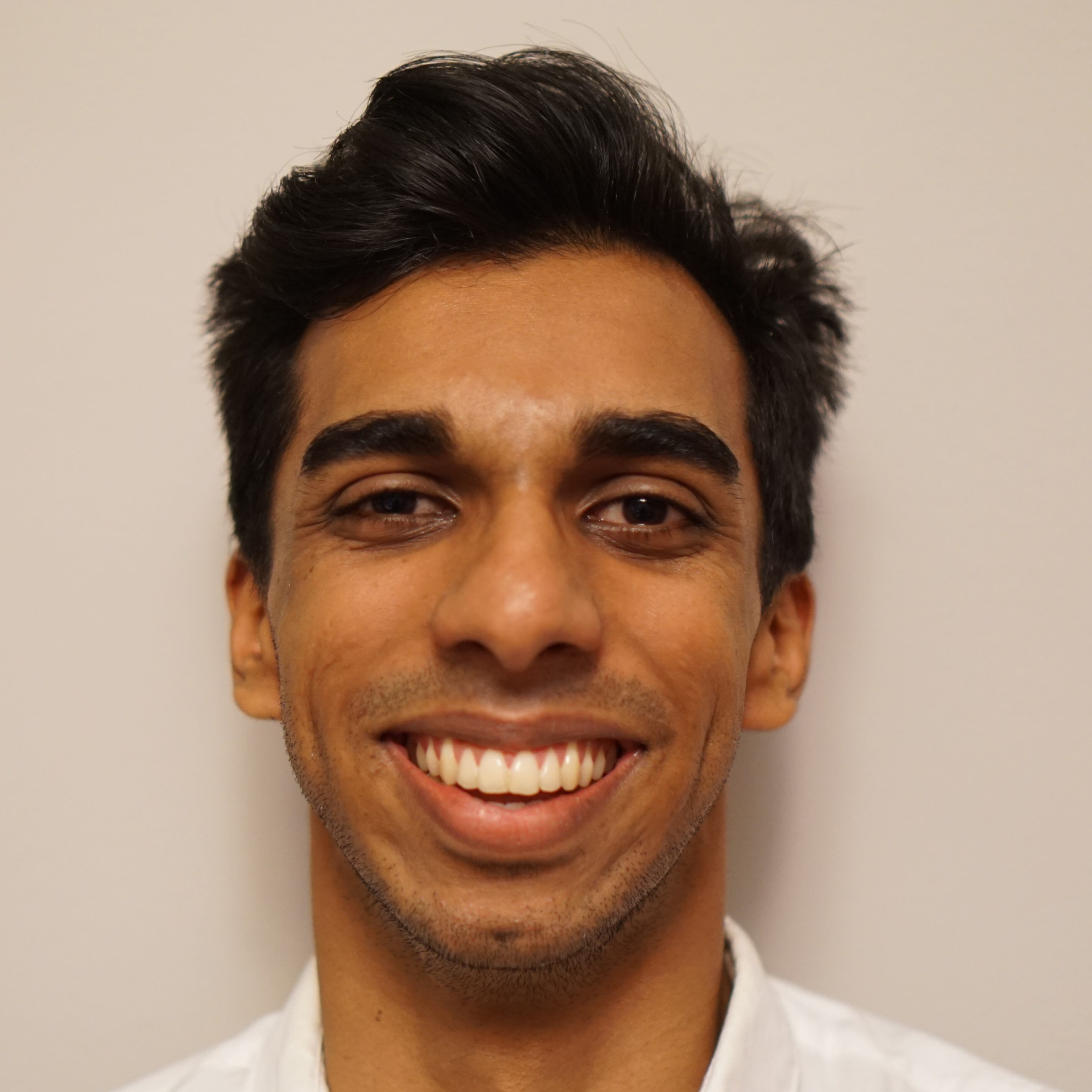
Ruchir Shah
Fellow in Clinical AI, Cohort 2
Fellowship Bio
I am a clinical radiology specialty registrar at Oxford University Hospitals. My interest is in using technology to help clinicians deliver healthcare safely and efficiently.
Fellowship Project
Evaluating the impact of AI on clinician interpretation of inpatient and emergency department chest x-rays
Oxford University Hospitals NHS Foundation Trust
My main project involved evaluating the impact AI can have on clinicians regarding their interpretation of hospital chest x-rays . In particular, we explored how clinicians of varying specialities and grades may be affected differently. Inpatient and emergency chest x-rays require prompt interpretation. Due to demand, formal report radiology reports may not be completed in a timely fashion leaving interpretation to the patient-facing clinicians who have less training in chest x-ray interpretation. The study aimed to address whether AI can improve such clinicians radiological interpretation and provide evidence to support whether AI augmented clinicians have a place in clinical practice. I worked in a multidisciplinary team helping with delivery of the study. In particular, I focussed on the data organisation and statistical analysis using R. Lessons learnt from this study will be fed into future studies by the team. The study is currently being written up for publication and will be presented later this year at conferences. In addition, I have been supporting other projects and endeavours by the team. Most notably I have helped support the implementation of a multicentre trial and live deployment of a commercial CT head AI triage algorithm. I worked with a variety of people and teams, from IT staff, engineers and product managers. I developed my ability to engage clinicians as part of the implementation. Lastly, I have been involved in developing a local solution to our chest x-ray reporting workflow. This required me to learn about how data is transferred and about database structures for radiology. I worked with a programmer and provided the clinical context for the problem and solution. This experience again helped give me a pragmatic understanding of the challenges of implementing digital change within the NHS.
Fellowship Testimonial
The fellowship was an excellent experience, and I would recommend others to consider it. For me, it gave me time to develop my understanding of AI and the strengths and limitations of different tools and technologies. I am better prepared with evaluating AI tools and have firsthand experience of the challenges of AI and digital implementation into clinical practice. I particularly enjoyed meeting people with different skillsets and experiences, such as IT staff, engineers, product managers. These are staff that I would have not normally had the opportunity to meet through my normal clinical role. I was able to better understand the varied and valuable expertise and skillsets different staff groups have. The central teaching days with the other AI fellows were a highlight. Getting to know the other fellows across the country helped foster a sense of community. The variety of experiences and lessons we have learnt could be shared and this community would be a group of people to turn to in the future for support and advice in this field. Finally, I enjoyed taking the time to develop my programming in R and Python. This was primarily for statistical analysis and research but I also took the chance to develop other digital solutions to current problems faced within healthcare. I am fortunate to be able to continue my role and work within my local team next year alongside clinical work. I hope to see through the delivery of current projects as well as further develop my understanding of AI within healthcare. In the future, I hope I can use this expertise to help departments and organisations safely and efficiently implement AI and digital solutions within healthcare.